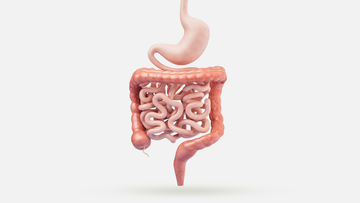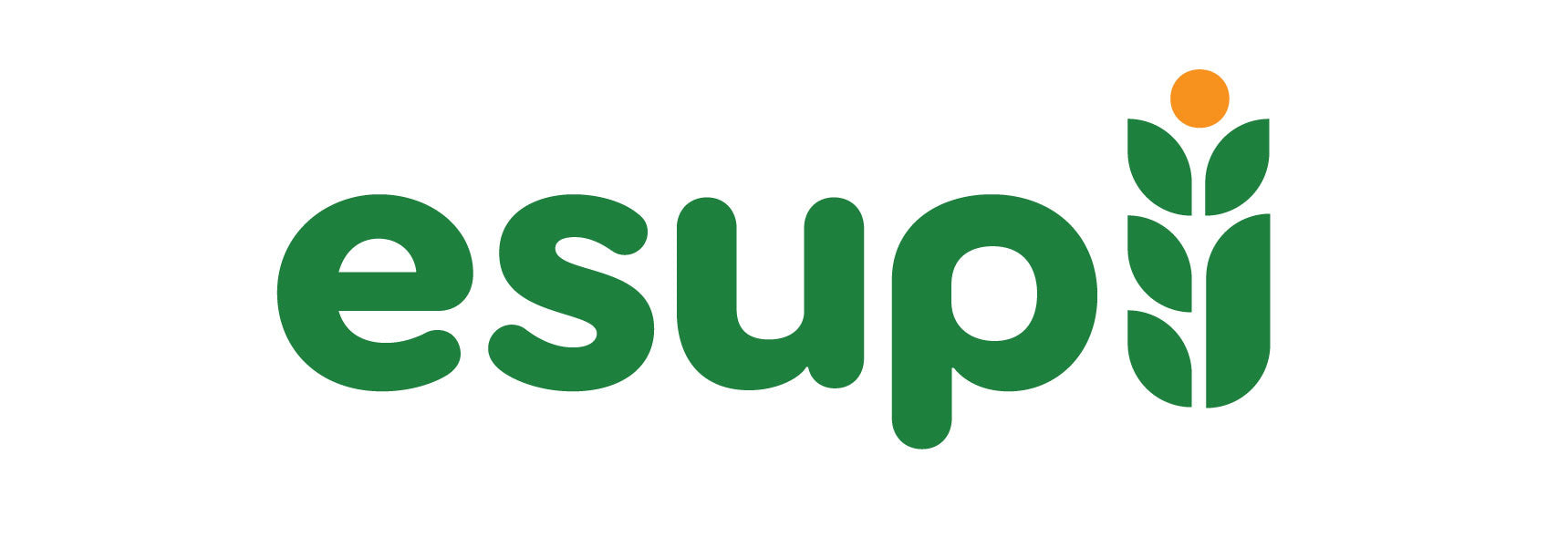Unlocking the Secrets of Your Digestive System: Gut Health, Probiotics, and More

The digestive system is one of the most critical yet underappreciated systems in the human body. From breaking down food to absorbing nutrients and expelling waste, this intricate network—spanning from the mouth to the intestines—keeps our bodies running like well-oiled machines. Yet many people struggle with digestive issues like gas and bloat, unaware of the underlying causes and the natural solutions available.

Let’s take a deeper dive into how the digestive system works and explore key elements that can enhance digestive health.
The Basics of Digestion
Digestion begins in the mouth and continues through the intestinal tract, with key organs like the stomach, pancreas, and liver playing vital roles. The pancreas secretes digestive enzymes that help break down carbohydrates, proteins, and fats. Meanwhile, the liver produces bile, a substance that aids in fat digestion and the elimination of toxins.
Sometimes, the body struggles to produce sufficient enzymes or bile, leading to discomfort, indigestion, and nutrient malabsorption. In such cases, supplementing with digestive enzymes or liver formulas can provide relief and support optimal function.

Probiotics and Prebiotics: The Gut's Dynamic Duo
A healthy gut flora is crucial for proper digestion and immune function. That’s where probiotics and prebiotics come in:
- Probiotics are live beneficial bacteria that replenish your gut microbiome. They are found in fermented foods like yogurt, kimchi, and kefir, or in supplement form.
- Prebiotics are types of dietary fiber that serve as food for these beneficial bacteria. Foods like bananas, garlic, onions, and asparagus are rich in prebiotics.
Together, they balance the intestinal environment, reduce inflammation, and help relieve common digestive issues like gas and bloat.
The Role of Fiber in Digestion
Fiber is a non-digestible carbohydrate that plays a crucial role in maintaining bowel regularity and overall gut health. Soluble fiber dissolves in water and helps slow digestion, while insoluble fiber adds bulk to stool and helps food pass more quickly through the intestines.
A fiber-rich diet reduces constipation, helps control blood sugar levels, and fosters the growth of beneficial gut bacteria—making it an essential part of any digestive wellness plan.

Natural Digestive Boosters
For those struggling with persistent digestive discomfort, certain natural remedies can offer significant relief:
- Bromelain, an enzyme derived from pineapples, aids in the digestion of proteins and may reduce inflammation in the gut.
- Castor oil has been traditionally used to relieve constipation by stimulating intestinal movement.
- Herbal formulas that combine digestive aids like fennel, ginger, and peppermint can also help ease symptoms like cramping and bloating.
Final Thoughts
Maintaining a healthy digestive system is about more than just avoiding discomfort—it's about optimizing your overall health. With the right balance of fiber, enzymes, liver formulas, probiotics, and prebiotics, you can transform your digestive health and reduce symptoms like gas and bloat naturally.
Explore natural solutions like bromelain and castor oil, and don’t overlook the power of targeted formulas designed to support pancreatic and intestinal function. A happy gut leads to a happier, healthier you.
Your gut is talking. Are you listening?



